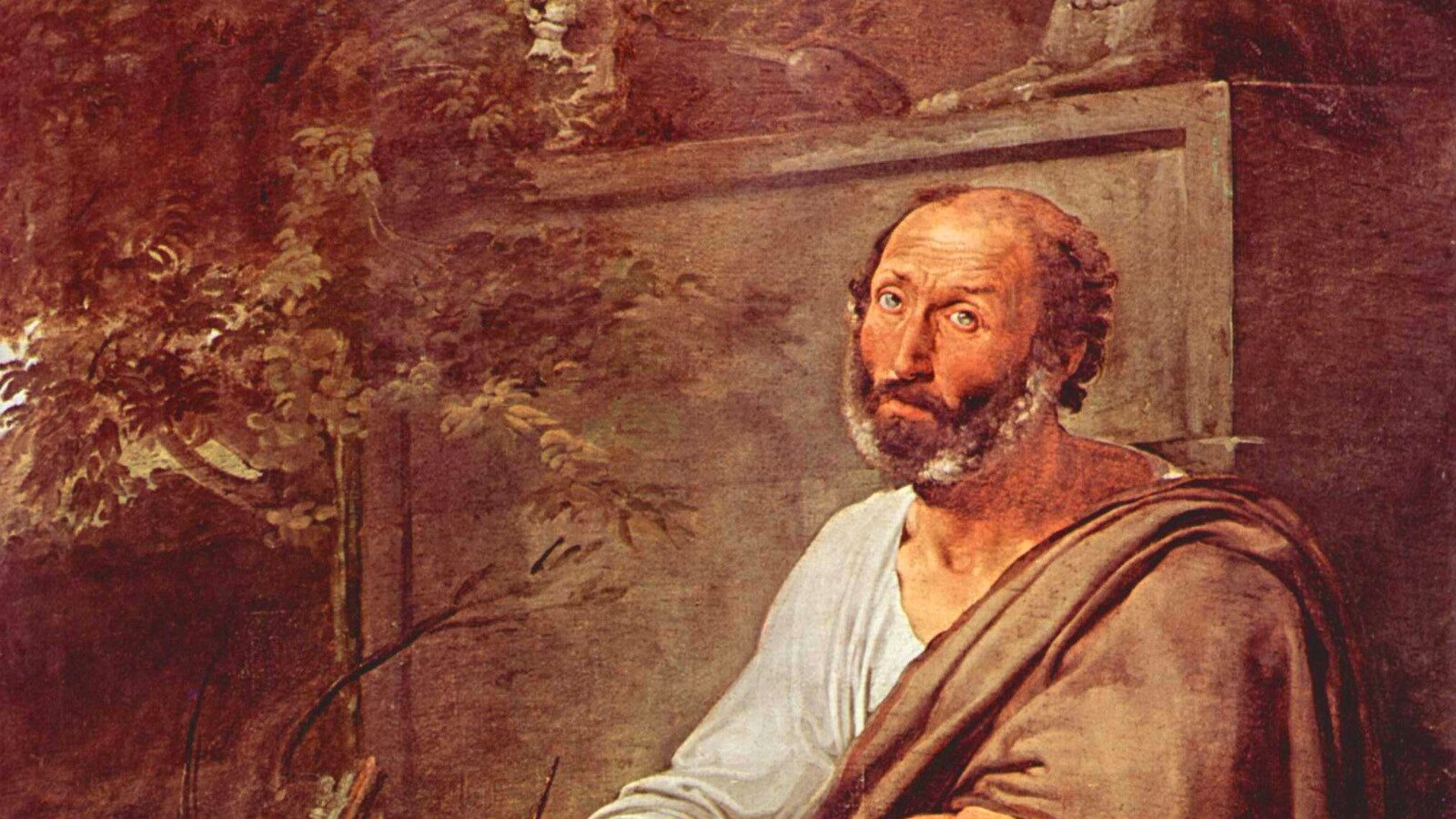Aristotle on virtue
Virtue is behaviour that shows high moral standards. To display virtue is to display goodness in something. Aristotle explains moral virtue is a disposition to behave in the right manner, to choose good actions and passions, motivated by a desire to perform virtuous acts for their own sake.
Aristotle calls this arete, meaning excellence. Therefore, being virtuous is being excellent. How can we do what is right? Rationality is central. We act virtuously when we act according to reason.
Much like living the good life, being virtuous has intrinsic value.
Intrinsic value is the value something has in and of itself. Think of a pen. When a pen stops writing, it has lost a huge part of what makes it a pen. Unless we’re able to refill the empty pen with ink, we may as well throw it away. The value of a pen is its ability to write. It is a value external to the pen itself; it’s a value based on how useful we find the object and as soon as the object fails in its use, we find no use for it. On the rare occasion, though, we may want to keep the pen even if it’s stopped working; perhaps it was a gift by someone we love, or it’s a pen of historical value, such as the Paris Peace Treaties. In that case, the pen’s value lies in itself: it has intrinsic value.
Virtue has such value: being virtuous has intrinsic value.
How do we live the virtuous life?
Aristotle distinguishes between two types of virtue: moral virtue and intellectual virtue. Intellectual virtue is a type of virtue we learn through instruction. On the other hand, we achieve moral virtue, or ethical virtue, by practicing the Golden Mean.
Moral behaviour is the mean between two extremes. Take courage for example: an extreme lack of courage would be cowardice; at the other extreme there is recklessness. Neither can be called virtuous. On the other hand, being courageous means standing somewhere between these two extremes: neither running away from challenging situations, nor blindly rushing in.
Other examples include:
- generosity, the golden mean between extravagance and stinginess
- self-control, the golden mean between impulsiveness and indecisiveness
- composure, the mean between irritability and apathy.
We must strive to strike the same sort of balance, this desirable middle between excess and deficiency, if we are to attain eudaimonia.



